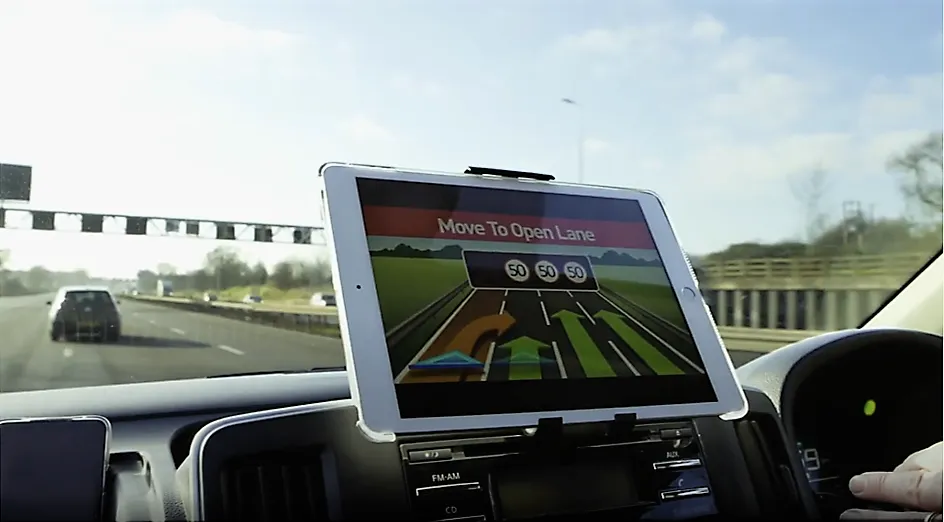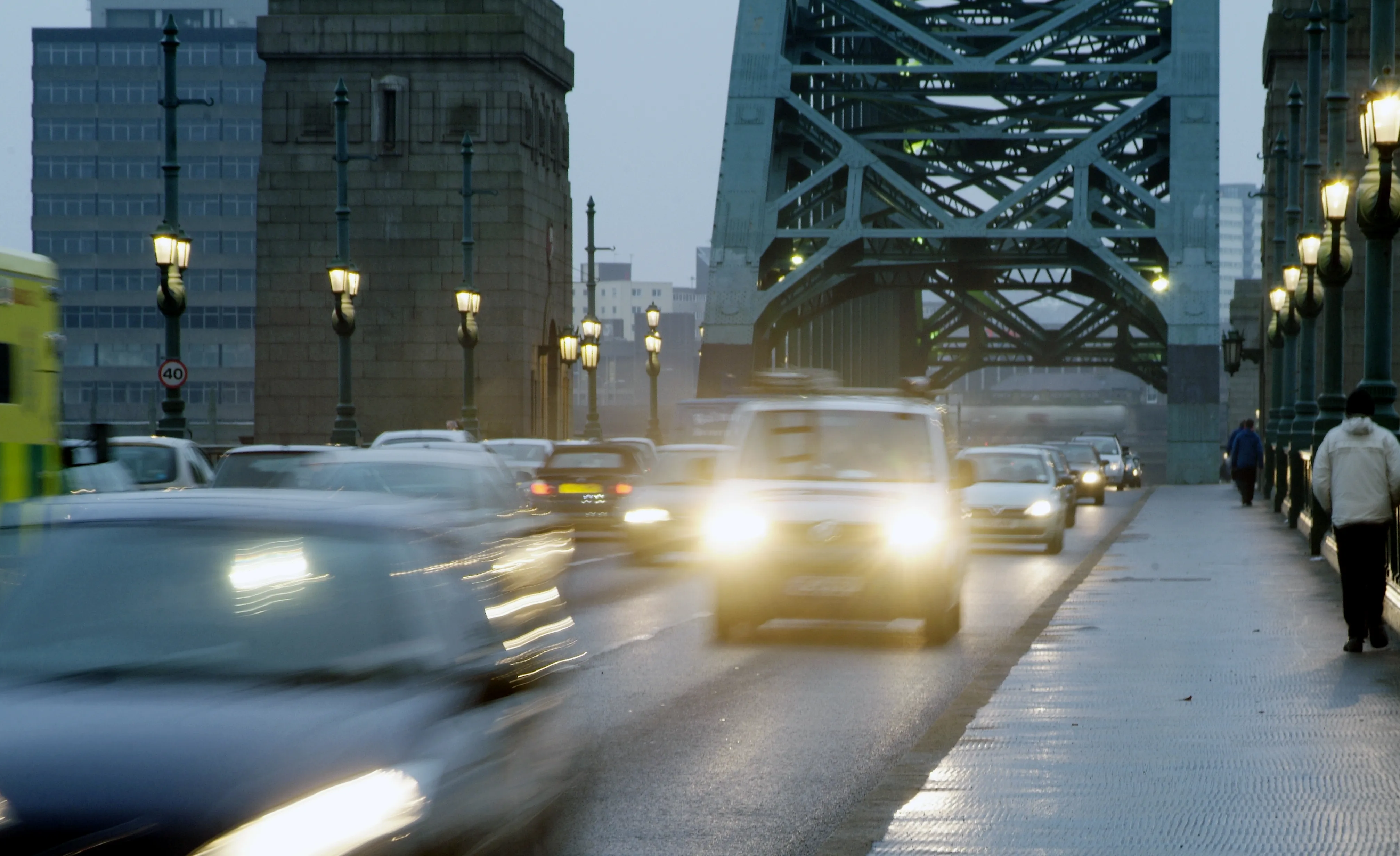
The UK government has approved the launch of Birmingham's Clean Air Zone in June 2021.
The zone in England's second city will cover an area inside the inner ring road (A4540 Middleway).
It will charge the most polluting cars and large goods vehicles £8 per day and the most polluting coaches and heavy goods vehicles £50 per day.
The council's #BrumBreathes project says on its website more than 300 signs will be installed on the road network surrounding the boundary to inform drivers they are approaching the zone.
Vehicles that do not meet emission standards will be detected by an automatic number plate recognition system.
Charity organisation Sustrans is delivering #BrumBreathes with the aim of reducing air pollution in the city.
As part of the launch, the council is providing a range of financial incentives, including a £10 million fund to help small and medium-sized enterprises prepare for the zone.
Additionally, private hire drivers may be eligible for up to £1,000 towards a compliant Euro 4 petrol or Euro 6 diesel vehicle.
They can also apply for a scheme which offers up to £2,000 towards the purchase or lease of a hybrid vehicle or plug-in hybrid electric vehicle that is not eligible for the government's plug-in car grant.
Exemptions from the charge include all specialist emergency service vehicles and those registered with the DVLA as having a historic tax class.
Councillor Waseem Zaffar, cabinet member for transport and environment at Birmingham City Council, says: “The majority of drivers on Birmingham’s roads will not need to pay the daily charge but if you do then you may be eligible for an exemption or one of the financial incentives."
In a separate move, the council has announced 20 hydrogen double decker buses will operate in Birmingham from April 2021.

The city council claims hydrogen buses cover 300 miles on a single tank and can be refuelled within 7-10 minutes.
Each bus is expected to save up to 79.3 tonnes of carbon dioxide emissions per annum.
The Wrightbus fuel-cell buses will be operated by National Express with the aim of deployment on the new A34/A45 Sprint Route - an uninterrupted cross-city route, connecting Walsall town centre to Birmingham Airport and Solihull.
The council will collaborate with ITM Power to produce and dispense the hydrogen fuel from a hub at Tyseley Energy Park.
The council is funding the project alongside OLEV (Office for Low Emission Vehicles), GBSLEP (Greater Birmingham & Solihull Local Enterprise Partnership) and funding from the FCH JU (European Funding from the Fuel Cell Hydrogen Joint Undertaking).








